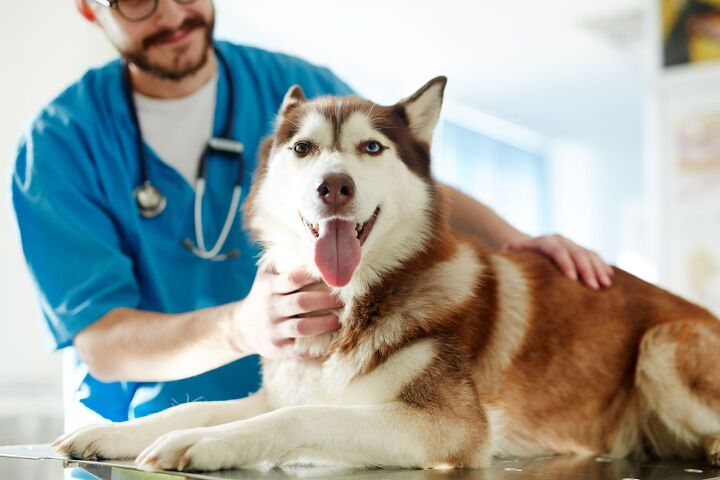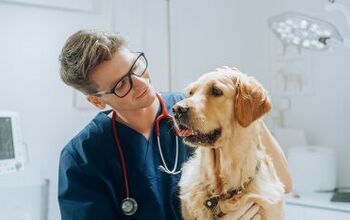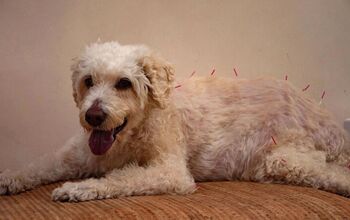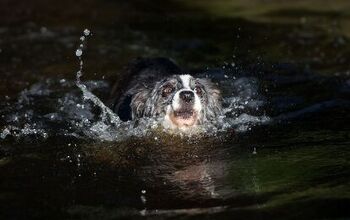Liquid Biopsy Helps Detect Cancer in Dogs

Dogs of all ages can develop various cancers, with roughly 6 million new cases in the United States every year. And according to dvm360, cancer is the leading cause of death in dogs who are over 1 year of age.
Though treatment options are available, catching the cancer too late could lead to a poor outcome, so early detection is critical. The harsh reality, unfortunately, is that pet parents might not realize there’s a problem until the cancer has advanced and their dog is showing serious signs of illness. Enter: liquid biopsy.
What Is a Liquid Biopsy?
Put simply, a liquid biopsy is a type of blood test that looks for cancer cells and tumor DNA. Unlike a surgical biopsy, this is a non-invasive test. And it can be used in combination with other diagnostic methods to determine if a patient has cancer.
PetDX and the OncoK9 Liquid Biopsy
Liquid biopsies have been used in human medicine, so Dr. Andi Flory, a veterinary oncologist and co-founder of PetDX, wanted to study it for use in dogs as well, in the hopes that it would help with early canine cancer detection.
PetDX developed the OncoK9 liquid biopsy, which is a multi-cancer early detection (MCED) test that can alert a veterinarian to the fact that a dog has cancer, even if there aren’t any obvious signs.
The CANcer Detection in Dogs (CANDid) study, which involved more than 1,000 dogs in multiple countries, assessed the effectiveness of OncoK9. Experts discovered that the test was able to find 30 types of cancer. And it was able to detect cancer in dogs who didn’t yet have clinical signs – in other words, in asymptomatic canines, too.
A Potential Addition to Your Dog’s Routine Exams
Veterinarians can utilize the OnkoK9 test before and after a dog is diagnosed with cancer, to both detect the disease and monitor a patient receiving treatment for it.
According to PetDX, this liquid biopsy can be used as an annual screening tool for dogs aged 7 years and up. Veterinarians can also use it for younger dogs who have a higher risk of developing cancer (i.e., breeds with a higher risk).
Click here to learn more about OncoK9 and to find a clinic that offers it. Then, talk to your veterinarian to see if they recommend cancer screening for your dog.

Lisa Selvaggio is a freelance writer and editor, and our resident cats-pert, with certifications in pet nutrition and pet first aid. She enjoys producing content that helps people understand animals better so they can give their pets a safe and happy home.
More by Lisa Selvaggio






















